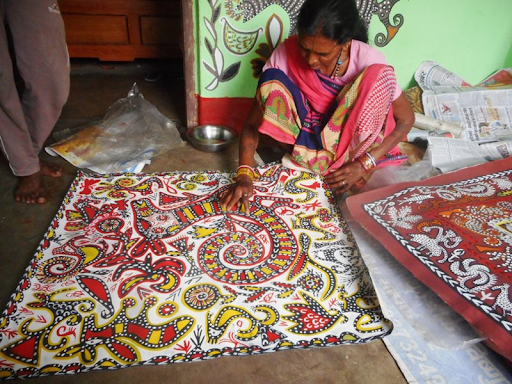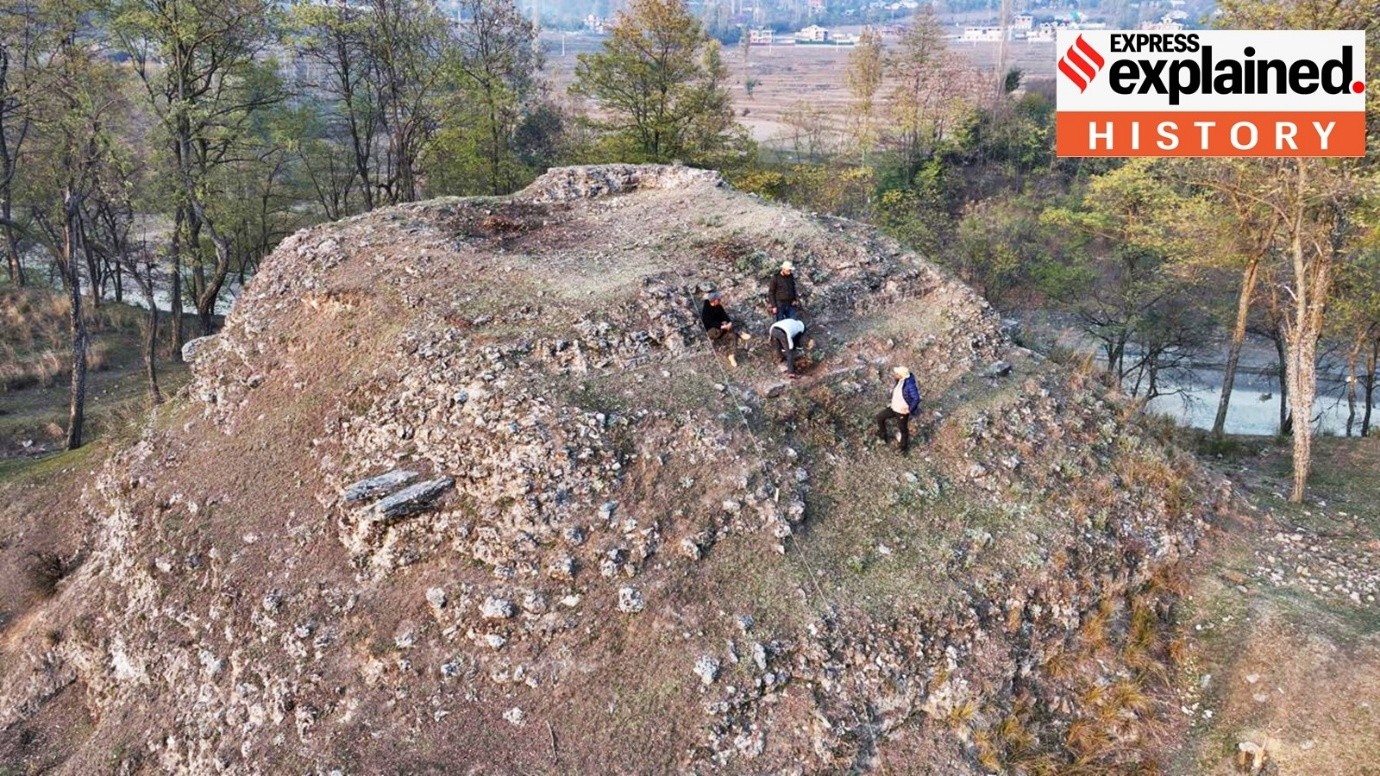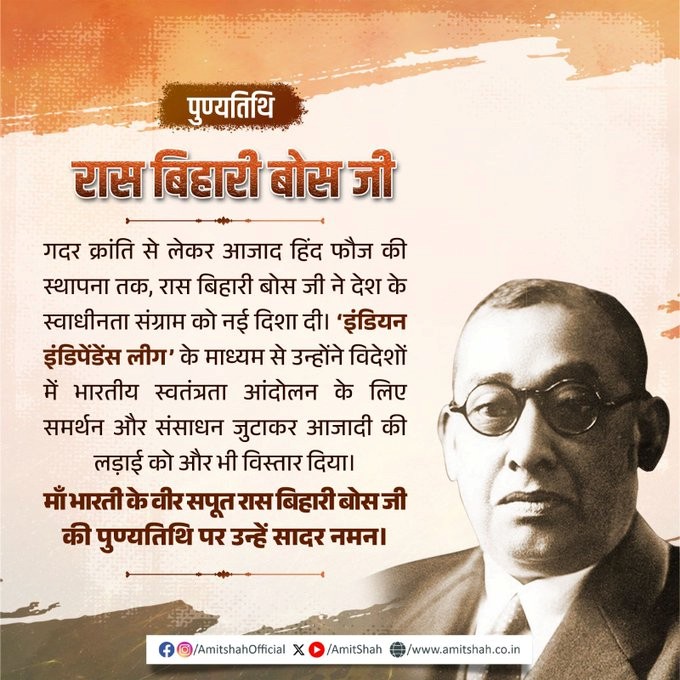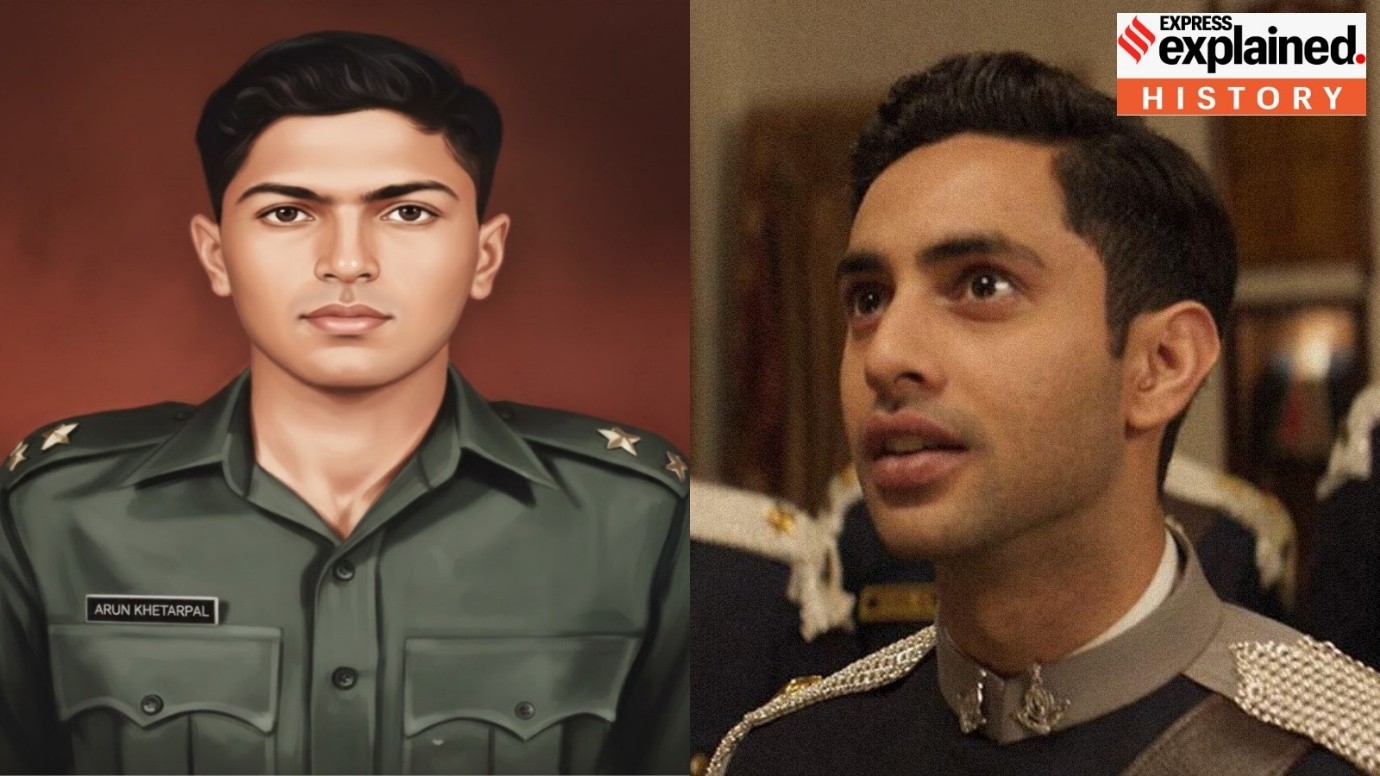



The second edition of Kala Utsav 2025 - 'Artists in Residence Programme' at Rashtrapati Bhavan featured traditional paintings such as Sohrai Khovar, Pattachitra, and Patua, with artists from Jharkhand, Odisha, and West Bengal taking part.

Copyright infringement not intended
Source: Pulitzer center
Sohrai Art from Jharkhand was highlighted at the Kala Utsav 2025 held at Rashtrapati Bhavan, where the President of India praised it for embodying "the soul of India.”
A Sohrai festival is celebrated annually to mark the harvest season and the onset of winter, during which these wall paintings play a central role in festivities.
Source: Pib
|
Q. The well-known painting “Bani Thani” belongs to the (2018) (a) Bundi school (b) Jaipur school (c) Kangra school (d) Kishangarh school Ans: (d) |





© 2026 iasgyan. All right reserved